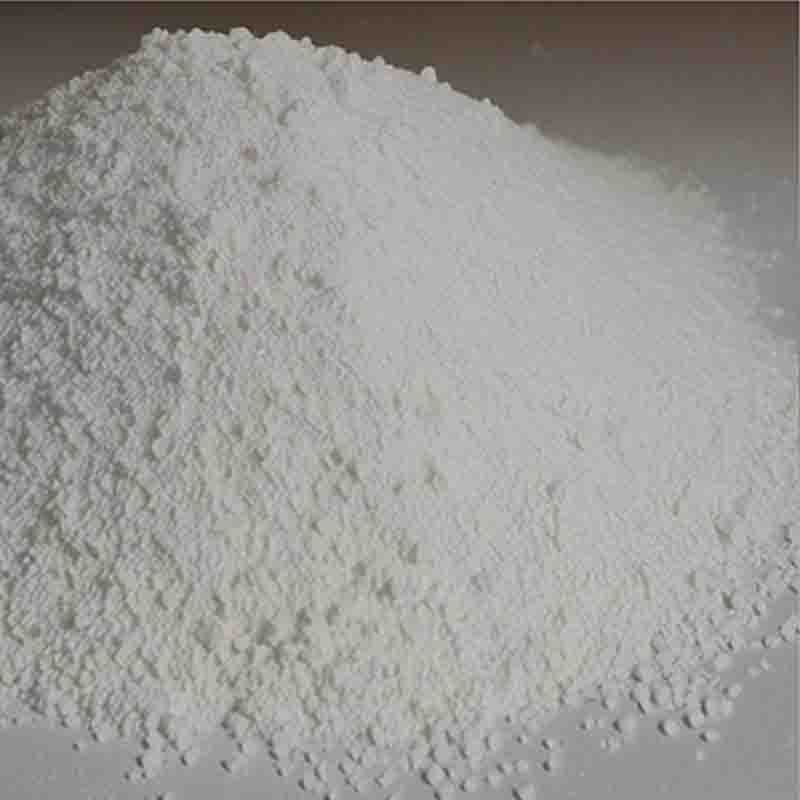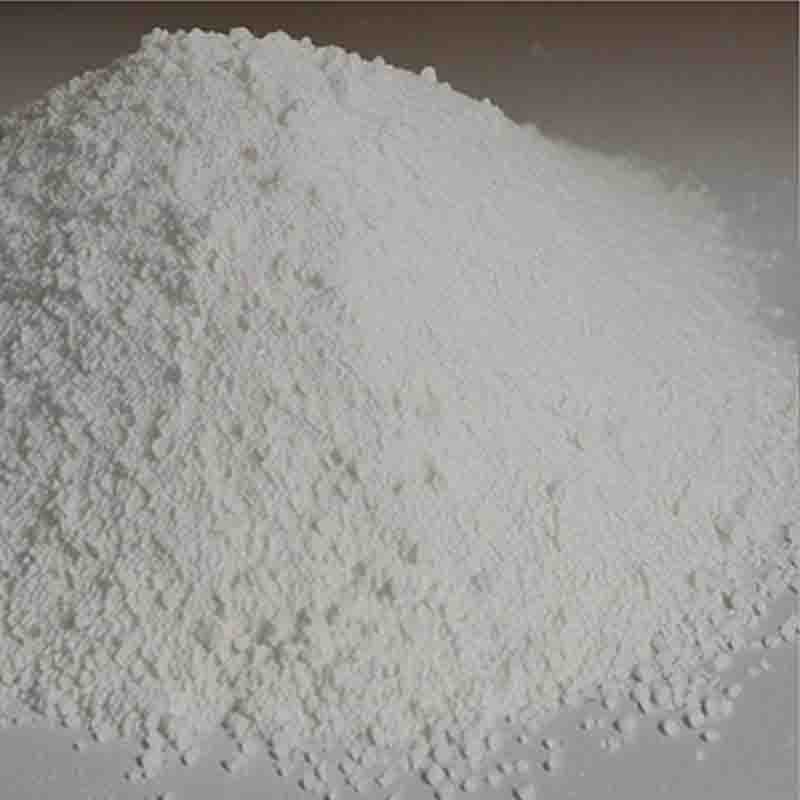(2R,3S)-3-Amino-2-methyl-4-oxo-1-azetidinesulfonicAcid CAS:80082-65-1
| Catalog Number | XD95291 |
| Product Name | (Z)-2-(2-t-butoxycarbonylaminothiazol-4-yl)-2-pentenoicacid |
| CAS | 86978-24-7 |
| Molecular Formula | C13H18N2O4S |
| Molecular Weight | 298.36 |
| Storage Details | Ambient |
Product Specification
| Appearance | White powder |
| Assay | 99% min |
(Z)-2-(2-t-butoxycarbonylaminothiazol-4-yl)-2-pentenoic acid is a compound with a complex structure that suggests it could have various effects, especially considering the presence of different functional groups.The t-butoxycarbonyl (Boc) group, which is often used as a protecting group in organic synthesis, adds steric hindrance and enhances the compound's stability. It prevents unwanted reactions and can be removed under specific conditions to reveal the functional group's reactivity.The thiazole ring is a common motif found in various natural products and synthetic compounds. It has been shown to exhibit diverse biological activities, including antimicrobial, antitumor, antiviral, and anti-inflammatory effects. These activities are attributed to the ability of thiazoles to interact with biological targets such as enzymes or receptors, modulating their function and disrupting essential cellular processes.The pentenoic acid moiety contributes to the compound's overall structure, influencing its chemical properties. Carboxylic acids are known for their acidity and ability to act as weak acids in various reactions. This functional group can participate in esterification, amidation, or condensation reactions, leading to the formation of new compounds or modifications to existing molecules.Considering these structural components, the potential effects of (Z)-2-(2-t-butoxycarbonylaminothiazol-4-yl)-2-pentenoic acid can be inferred. It may possess antimicrobial properties due to the presence of the thiazole ring, which has previously demonstrated such activity. This could make it a potential candidate for developing new antibiotics or antifungal drugs.Furthermore, the presence of the carboxylic acid group suggests potential involvement in metabolic processes or cellular signaling. Carboxylic acids can participate in biochemical reactions, acting as substrates or inhibitors for enzymes or involved in cellular communication pathways.Additionally, the t-butoxycarbonyl group can offer protection and control over the compound's reactivity. Its presence allows for selective functionalization or site-specific modification, resulting in the synthesis of derivatives with specific properties or enhanced biological activities.In summary, (Z)-2-(2-t-butoxycarbonylaminothiazol-4-yl)-2-pentenoic acid exhibits a complex structure that implies potential antimicrobial properties and involvement in metabolic or signaling processes. The different functional groups present in the compound allow for various reactivity and selective synthesis, opening the possibility for its application in drug development or chemical transformations. Further research and investigation are necessary to fully understand its effects and potential applications.






![dibenzo[b,f][1,4]thiazepine-11-[10h]one CAS:3159-07-7](https://cdn.globalso.com/xdbiochems/白色粉末21313.jpg)


![6-Acetyl-8-cyclopentyl-5-methyl-2-[[5-(1-piperazinyl)-2-pyridinyl]amino]pyrido[2,3-d]pyrimidin-7(8H)-one hydrochloride CAS: 571189-11-2](https://cdn.globalso.com/xdbiochems/白色粉末2128.jpg)